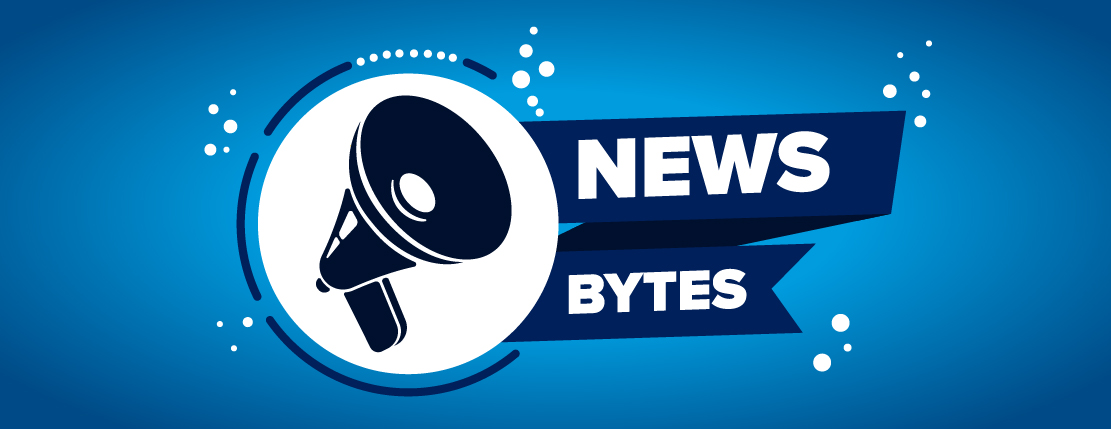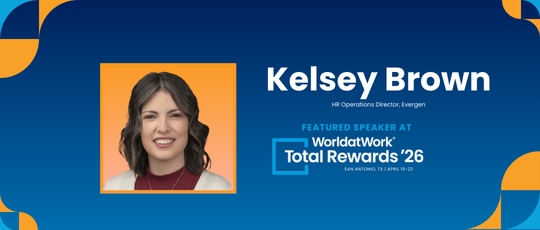- HR Leaders Plan to Decrease Hiring Over Next 6 Months
- Starbucks Sets 2% Raise for All Salaried Workers
- Boeing Strike Continues in Missouri, Illinois
- Survey Reveals Growing Use and Misuse of AI Within Workplaces
- Report Examines How Engagement Differs by Work Generation
HR Leaders Plan to Decrease Hiring Over Next 6 Months
One in five chief human resource officers (CHROs) expect to scale back their hiring over the next six months, according to a new survey released Wednesday, Aug. 20, by The Conference Board.
The CHRO Confidence Index found that rather than expanding headcount, CHROs are intensifying efforts to prepare existing teams for rapid change. Half of the more than 100 survey respondents reported investing in change management training for leaders, while nearly as many are supporting similar programs for managers.
Additional findings included:
- 36% of surveyed CHROs expect to increase their hiring over the next six months — down slightly from 37% in the fourth quarter of 2024.
- 32% expect employee retention to improve over the next six months — down slightly from 34% in Q4 2024.
- 20% expect to decrease their hiring over the next six months — up slightly from 19% six months ago and a significant jump from only 11% in Q2 2024.
- 16% of CHROs expect their employee retention to decrease — down from 21% in Q4 2024.
“CHROs are taking a more thoughtful, steady approach as economic and policy uncertainty lingers. This slowdown in hiring isn’t about losing confidence — it’s about being smart and strategic,” said Diana Scott, the leader of the board’s U.S. Human Capital Center. “Right now, leaders are focused on strengthening their current teams, managing change well and staying flexible before making big moves to hire again.”
Starbucks Sets 2% Raise for All Salaried Workers
As reported Tuesday, Aug. 19, by Bloomberg, Starbucks Corp. will give all salaried employees in North America a 2% raise this year as the coffee chain looks to pull off a high-stakes turnaround and manage expenses.
The pay increase applies to all corporate staff, as well as to workers in manufacturing and distribution. It also includes retail leadership such as store managers who, unlike baristas, are salaried.
“As we make these significant investments, we need to carefully manage all our other costs,” a Starbucks spokesperson told Bloomberg. That involves “taking a consistent approach to merit increases across all teams” for the fiscal year that ends in late September, according to the company.
Boeing Strike Continues in Missouri, Illinois
More than 3,000 Boeing defense workers across facilities in St. Louis and St. Charles, Mo, and Mascoutah, Ill., went on strike Aug. 4 after voting to reject a modified four-year labor agreement with company the day before. The striking workers make and maintain fighter jets such as the F-15 and F/A-18, as well as missiles and other defense technology.
According to the Associated Press, members of the International Association of Machinists and Aerospace Workers (IAM) on July 27 rejected the proposed contract, which included a 20% wage increase over four years, $5,000 ratification bonuses, and more vacation and sick time.
“The proposal from Boeing Defense fell short of addressing the priorities and sacrifices of the skilled IAM union workforce,” the IAM said in a statement on its website.
Boeing stated on Aug. 15 the company had started informal discussions with the union: “Our offer, which represents the richest deal ever offered to IAM 837, remains available except the bonus that was conditional on an Aug. 3 ratification. We strongly encourage our employees to take a closer look at that offer and see how it would grow their pay.”
A 2024 strike shut down Boeing’s factories in Washington state for seven weeks.
Survey Reveals Growing Use and Misuse of AI Within Workplaces
Fifty-two percent of U.S. workers are willing to break company policy if artificial intelligence (AI) makes their job easier, and 25% have utilized AI without checking if it is allowed, according to a new report by AI security provider CalypsoAI.
Based on a survey of more than 1,000 U.S. office workers, data from the Insider AI Threat Report revealed a notable shift across the U.S. workforce:
- 45% of surveyed employees trust AI more than their coworkers
- 38% would rather work for an AI manager than a person
- 34% said they would quit if their employer banned AI
- 28% have admitted to using AI to access sensitive data
- 28% also revealed they’ve submitted proprietary company information so AI could complete a task
At the C-suite level:
- 50% of surveyed executives said they’d prefer AI managers over a human
- 34% aren’t entirely sure they can tell the difference between an AI agent and a real employee
- 35% said they have submitted proprietary company information so AI could complete a task for them
“These numbers should be a wake-up call,” said CalypsoAI CEO Donnchadh Casey. “We’re seeing executives racing to implement AI without fully understanding the risks, frontline employees using it unsupervised and even trusted security professionals breaking their own rules. We know inappropriate use of AI can be catastrophic for enterprises, and this isn’t a future threat — it’s already happening inside organizations today.”
Report Examines How Engagement Differs by Work Generation
Baby Boomers are the most engaged at work, while millennials are more likely to feel disengaged or overwhelmed, according to a new report by career website FlexJobs.
A Generations at Work Pulse report, which included responses from more than 2,000 U.S. professionals, found:
- Recognition, flexibility and fair compensation are top engagement drivers, but priorities vary slightly per group.
- Millennials place a higher value on work-life balance than older generations.
- Distractions and tech frustrations affect everyone, though younger workers tend to feel them less intensely.
- All generations benefit from strategies like setting boundaries, seeking feedback and upskilling to stay engaged.
The report also found constant distractions disrupt focus. Specifically:
- Unscheduled meetings and interruptions are the biggest distractions among Gen X workers (22%).
- Interruptions from coworkers are the most common distraction among Baby Boomers (21%).
- Millennials are most likely to be distracted by office chatter (21%).
- Environmental factors, such as temperature and uncomfortable workspaces, frustrated 12% of both millennials and Gen Xers, and 9% of Baby Boomers.
Editor’s Note: Additional Content
For more information and resources related to this article, see the pages below, which offer quick access to all WorldatWork content on these topics:
#1 Total Rewards & Comp Newsletter
Subscribe to Workspan Weekly and always get the latest news on compensation and Total Rewards delivered directly to you. Never miss another update on the newest regulations, court decisions, state laws and trends in the field.









